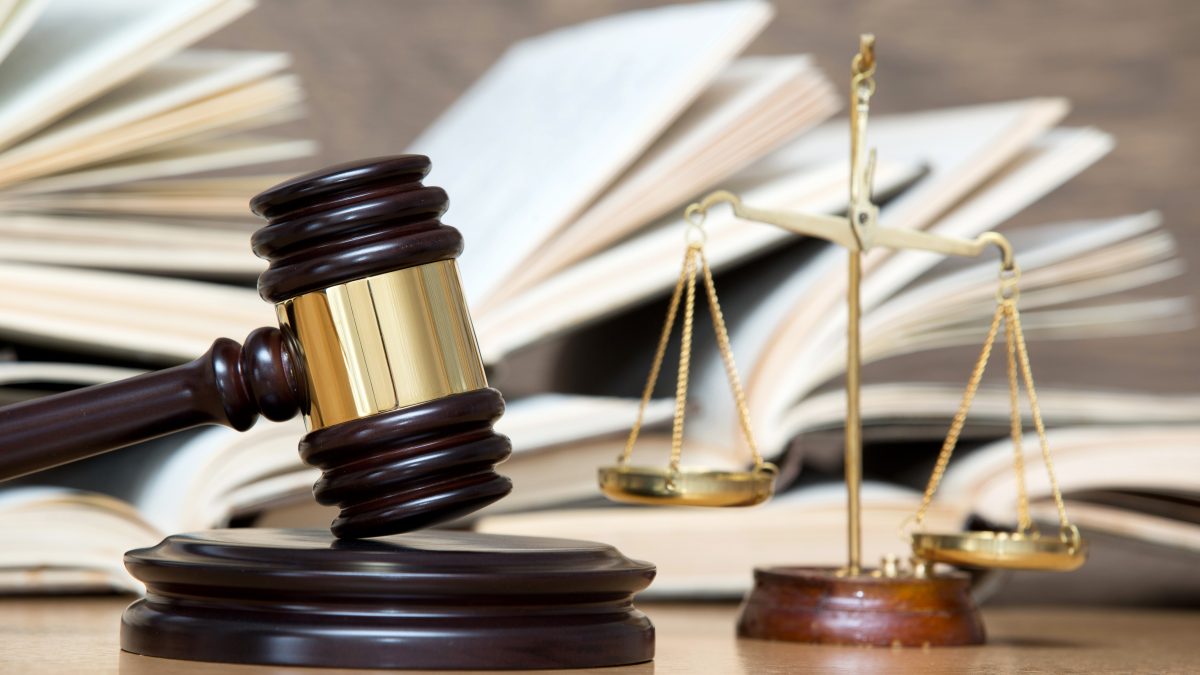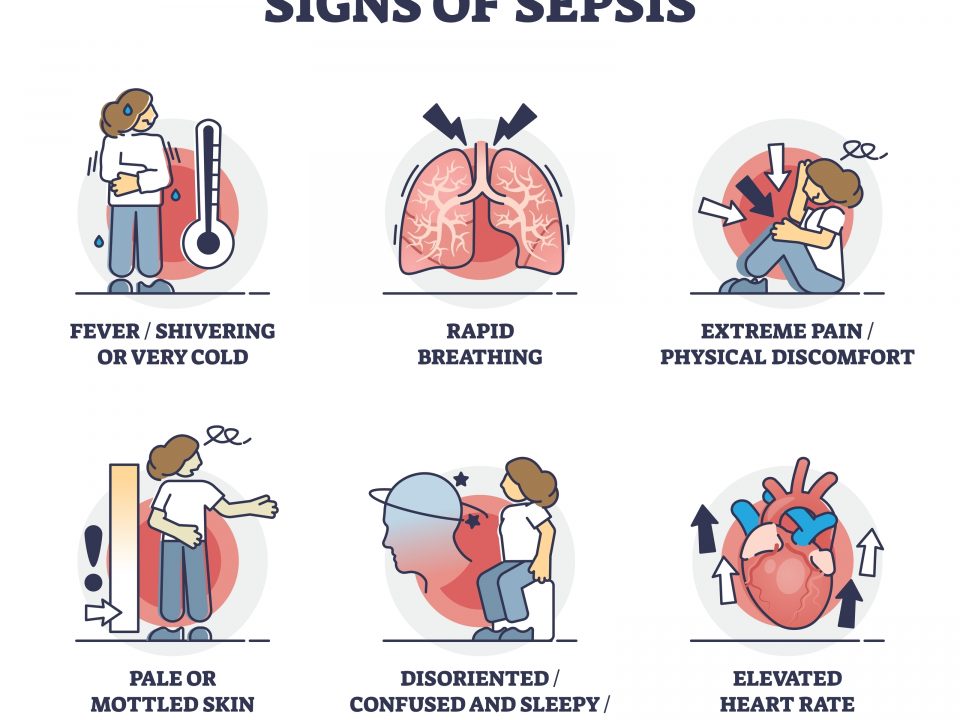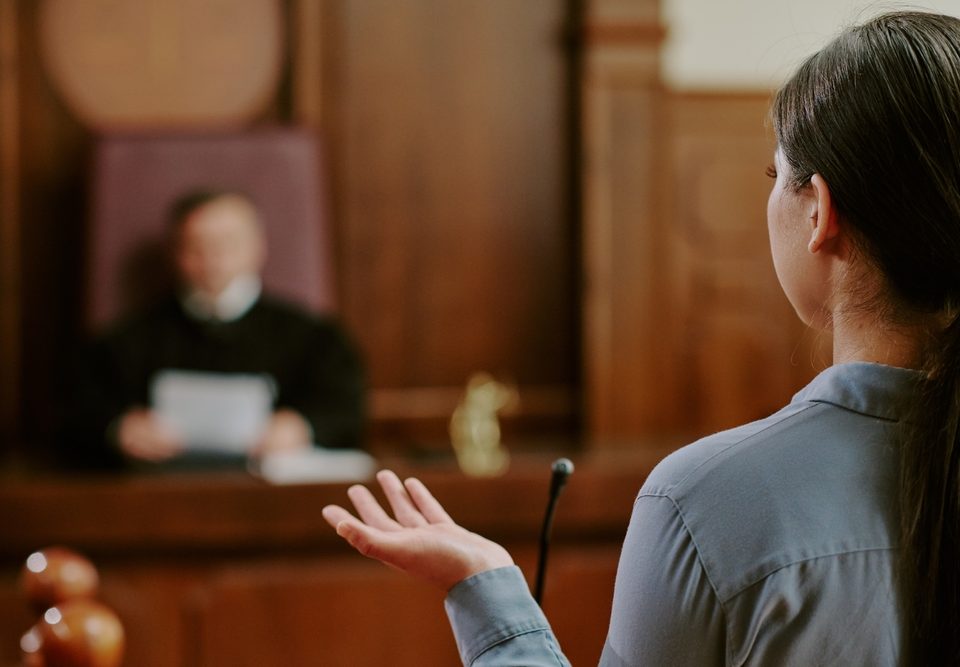
Selecting A Medical Expert – The Importance Of Titles
18th July 2023
Montgomery Principles – The Consolidation Of Law On The Standard Of Care And Duty To Disclose Treatment Alternatives.
7th September 2023This recent case and an earlier judgement made in Muyepa v Ministry of Defence (2022) have brought to light judgement on the opinions offered by experts on both sides.
Expert opinion is provided in support of the parties to the case. Each party selects independent witnesses to judge the facts and support their actions and views. Acting with the legal team’s support, the expert should keep up with changing opinions of other case experts, be aware of new information, statements and reports, and be viewed as competent to stand up to questioning by the judge and other party’s legal team. Knowing the opinion and facts of the case is vital to the value of any appointed expert witness.
Case Digest
The case was brought to court by Mr Scarcliffe, who had been involved in an accident as a tree surgeon. He suffered two spinal fractures when a colleague lost control of a tree trunk which fell on him. The judgement of fault found in favour of Mr Scarcliffe and the proceedings before His Honour Justice Cotter were to assess damages. The final award amounted to just £275,000, a minor fraction of the £6 million claimed.
Two key issues arose from the judgement, and these were also a factor in a previous year’s ruling, again by HHJ Cotter in the case of Muyepa v Ministry of Defence (2022).
What Happens When Expert Opinions Are No Longer Current
Both sides in the Scarcliffe judgement had called five experts, and the trial’s focus looked at the evidence’s reliability and the actions taken when new evidence came to light. The judge noted that the Orthopaedic experts had reported a change of opinion on identifying a mistake in their analysis. These experts issued a timely revised statement to the instructing parties, meaning there was no delay in trial proceedings. However, in light of this new information, the appointed pain experts had made no change to their opinion despite being aware of the orthopaedic experts and there being adequate time to set out a revised statement.
Judge Cotter reminded counsel that the experts had a duty to notify the parties and courts if the opinion changed and that experts would give evidence orally without addressing and considering the relevant and critical evidential changes occurring since they compiled their reports.
The judge stated that a care expert should be able to justify aspects of care, therapy and equipment fully, and their opinions should be considered carefully and automatically stress tested to the realities of life. Experts should not be seen to solely rely on information provided by instructing solicitors, they must take a ‘forensic’ approach, and they are duty-bound to request information if they feel it is insufficient or they believe it may be pertinent to their opinion.
The judge also made some remarks about the need for instructing solicitors to keep experts appraised of any changes in evidence from either the part or the other experts that may have a bearing on the evidence previously given by an expert who was relying on another expert’s opinion on matters outside their expertise but pertinent to their opinion
Why Were Damages Awarded Much Less Than Those Claimed?
The judge ruled that the claimant had exaggerated the extent of his injuries relating to the incident with the tree trunk, when in fact, some of the conditions and impact on his life had or would have been an issue with or without the incident that formed the damages claim. The award of lower damages was based on the written evidence from medical and social reports of Mr and Mrs Scarcliffe’s life and personal circumstances from before and after the accident and the required care needs. A lesson to complainants highlighted that damages could not be recovered for losses that would have occurred in any event or where care is claimed yet that has always been given or would be required in any circumstances.
Judging On Full Facts
Expert opinion must be based on the full facts, including understanding the pre-claim status quo, if there are to be judgements offering damages that are more in keeping with reality and what claimants are led to expect. Experts must base costs on real-life examples, correct errors based on factual evidence, and be aware of changes made by other relevant experts to deliver a relevant, reliable and honest case. Experts must therefore validate their submissions to underpin the facts of the case thoroughly.




